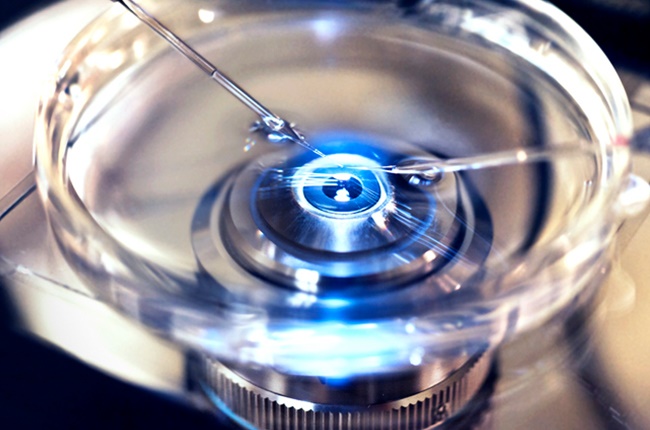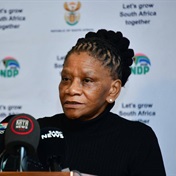
The cost of living crisis could fuel a spike in women’s donation of their eggs, experts predict.
Women in the UK who are younger than 35 can sign up to offer eggs to give to infertile women undergoing in vitro fertilisation (IVF).
The can earn up to £750 (R14 950) a time.
There is currently a dire shortage of egg donors and huge demand, with women in some parts of the country forced to wait more than two years to start a family.
READ: The gift of life: What’s it like giving birth to a baby that isn’t yours?
Charity bosses told MailOnline that women “may become more curious” about donating their eggs over the coming months as cash becomes tight.
Spiralling inflation and Russia’s war on Ukraine are set to cause energy bills to nearly double.
Food and fuel prices also expected to soar.
Experts said they “wouldn’t be surprised” if more women started to sign up for the procedure “as a way of trying to earn more money”.
However, medics urged women to give it serious thought, because becoming an egg donor comes with life-long commitments.
Children born using these eggs, which are frozen and stored, can contact their biological mother from the age of 18.
More than 1 500 women donated their eggs in 2020, down by a quarter from 2 000 in 2019, according to figures from the Human Fertilisation and Embryology Authority (HFEA).
The HFEA said the downturn in donors was probably due to Covid-19 lockdowns and hesitance from potential donors around Covid safety.
While just 1 548 women donated eggs in 2020, about 14 000 rounds of IVF used donated eggs.
And a quarter of those who used donor eggs said they had found them difficult to access.
At the same time as the downturn in supply, the number of women seeking donor eggs has been on the rise, as they leave it until later in life to try to conceive.
Women waited three months on average last year, but one in eight waited for more than a year.
Clinics pay out £750 to women for every round of treatment that ends with the collection of their eggs for donation.
However, women may get more if their expenses for travel, accommodation and childcare are higher.
The payment is supposed to be compensation for petrol, childcare and hotels rather than a financial incentive.
Those volunteering are offered counselling to consider the implications of their decision and they must give their written consent.
The medical process for donating eggs is the same as the early stages of IVF, which takes three to four weeks.
Women take daily injection or nasal spray medication to suppress their hormones and then begin a hormone treatment to boost the number of eggs they produce.
Doctors inject them with hormones to help the eggs mature a few days before the eggs are collected — a 30-minute procedure under general anaesthetic. –MailOnline




 Publications
Publications
 Partners
Partners








